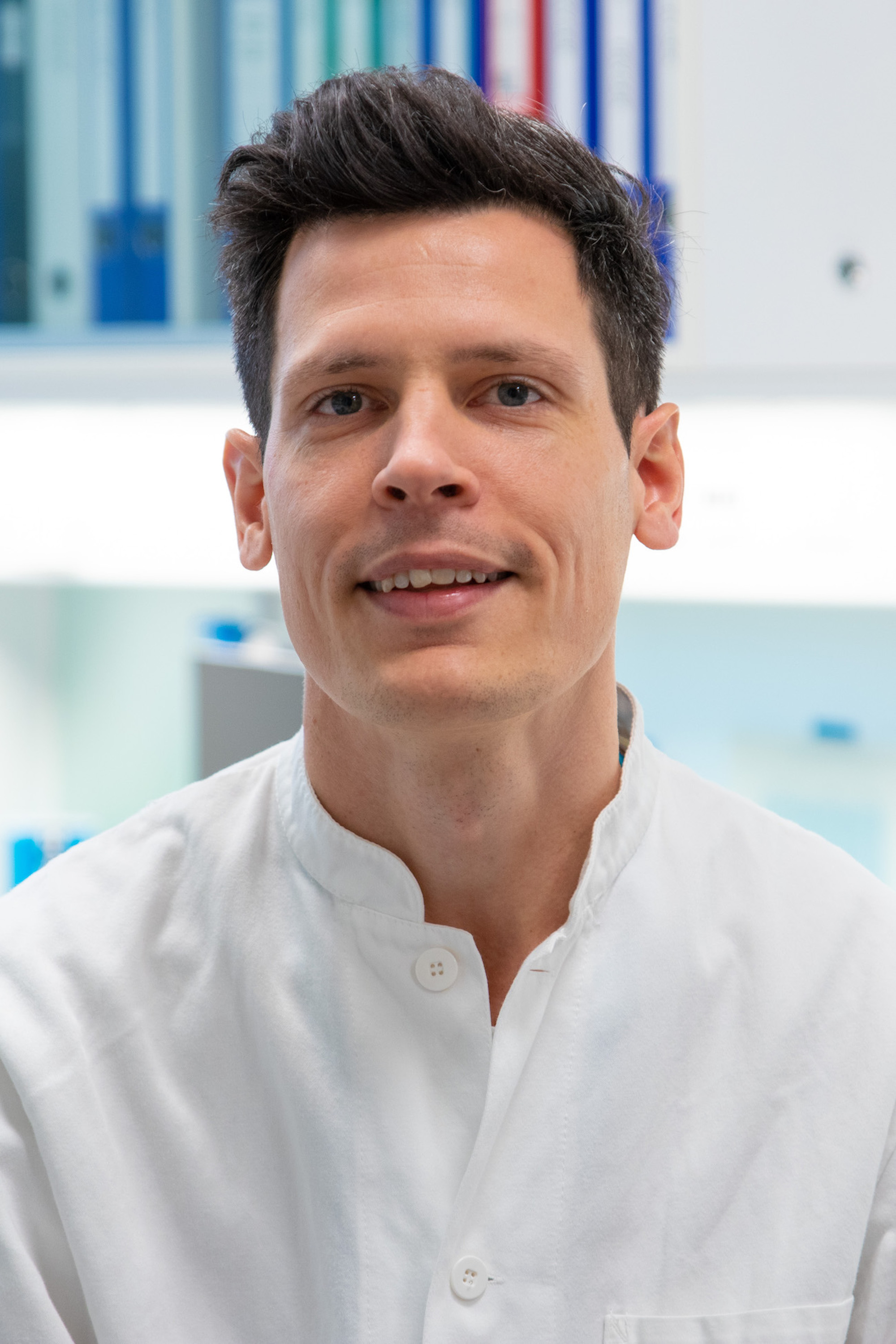One of the causes behind immunotherapy-triggered arthritis found
Researchers from Aarhus University have found one of the mechanisms behind a certain type of arthritis experienced by some cancer patients receiving immunotherapy. This knowledge can be used to investigate which treatment is most beneficial for these patients.

In recent years, researchers have demonstrated that there is a association between cancer treatment with immunotherapy and arthritis. The development of arthritis is thought to occur as a side effect of the treatments. Researchers from Aarhus University have now identified one of the mechanisms linking immunotherapy treatment and development of arthritis.
“This is an important discovery. We need to understand the mechanisms behind the development of arthritis if we are to provide the patients with the best treatment," says Tue Wenzel Kragstrup, who is the senior researcher behind the study.
Special type of medicine
The results of the study point in particular towards a specific type of biological medicine, which is approved as treatment for e.g. chronic rheumatoid arthritis and psoriatic arthritis.
"We have identified a very specific change in one of the cells of the immune system called the monocyte and shown how this change leads to a larger secretion of the inflammatory molecule called TNF-alpha," says Anne Sofie Sørensen, who performed most of the experiments in the laboratory.
Immunotherapy is still a relatively new form of treatment, and there is therefore not much knowledge about the inflammatory side effects such as arthritis.
"The cancer treatments activate the immune system to fight cancer cells, but sometimes the activation of the immune system get out of control. If this happens, so-called autoimmune diseases occur, including arthritis," explains Tue Wenzel Kragstrup.
A finding with major perspectives
The results are published in the scientific journal Arthritis Research and Therapy.
"Our results are based on test tube models in the laboratory from joint fluid cells from patients who already have a rheumatic disease. The results can be used to guide further clinical testing to explore whether the same conditions apply to patients who are treated with immunotherapy," says Tue Wenzel Kragstrup.
The study is in line with clinical observations of the use of biological medicine to treat arthritis caused by immunotherapy. Here, good effects of has been seen with biological medicine targeted at the inflammatory molecule TNF-alpha.
"What is especially encouraging is that we can use all our knowledge about the medicines used in the treatment of rheumatoid arthritis and psoriatic arthritis. This means that we already have a lot of medicines that are directed at the overactive immune cells such as biological medicines. Therefore, laboratory results can be quickly tested in clinical trials with drugs that have been thoroughly tested in relation to side effects and risks," explains Tue Wenzel Kragstrup.
According to the researchers, the next step is to carry out more extensive laboratory experiments with combinations of immunotherapy and arthritis medicines in order to determine which medicines will be able to remove the mechanisms causing arthritis without reducing the beneficial effect of immunotherapy on the cancer cells.
Background for the results
The study is based on laboratory experiments.
Partners:
- Department of Rheumatology, Aarhus University Hospital
- Department of Oncology, Aarhus University Hospital
The study is financed by the Danish Council for Independent Research, the Danish Rheumatism Association and the Danish Cancer Society.
The scientific article can be read in Arthritis Research and Therapy
https://arthritis-research.biomedcentral.com/track/pdf/10.1186/s13075-022-02737-6.pdf
Contact
Associate Professor, MD, PhD Tue Wenzel Kragstrup
Biomedicine, Health Aarhus University
Email: kragstrup@biomed.au.dk
